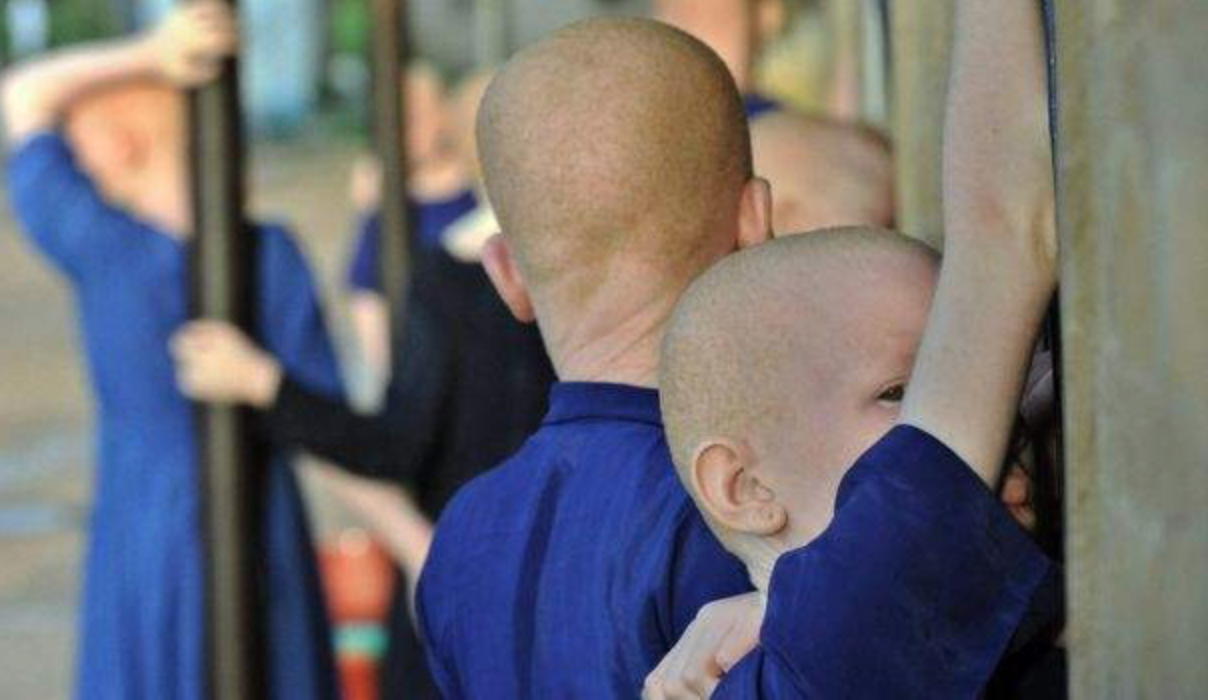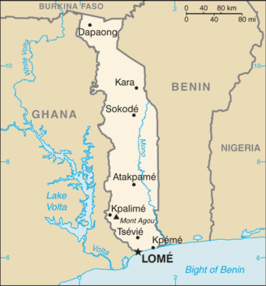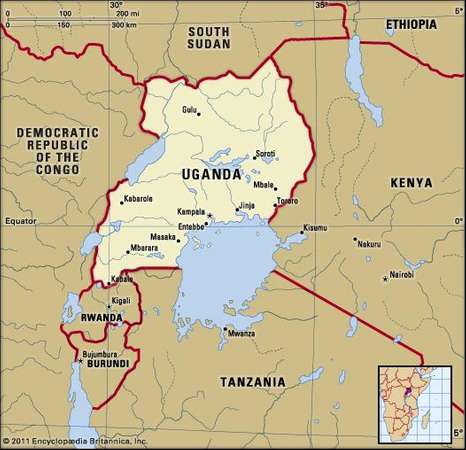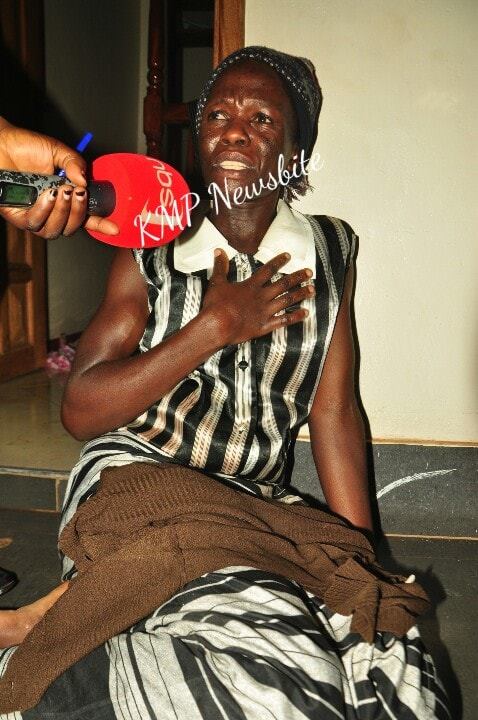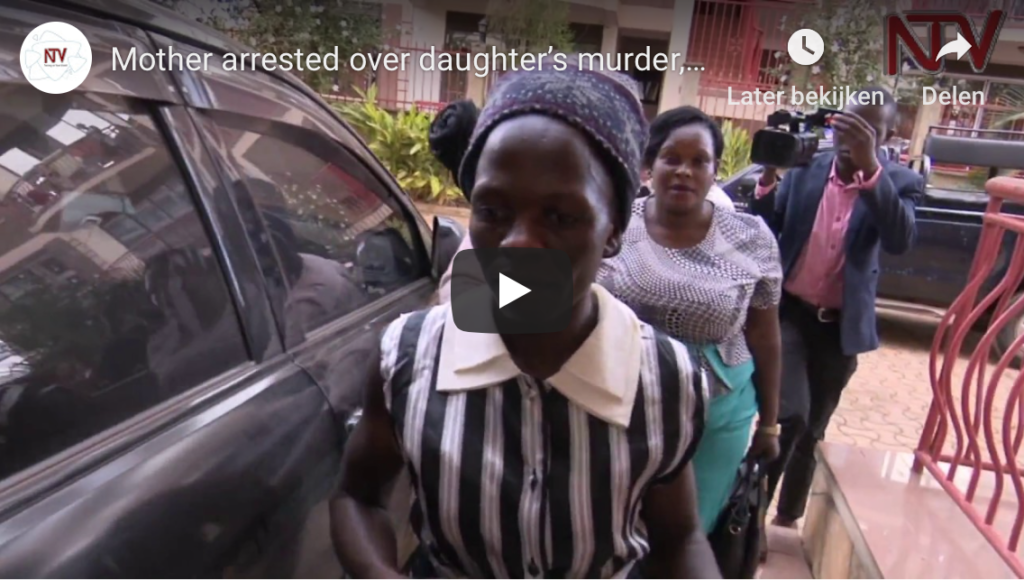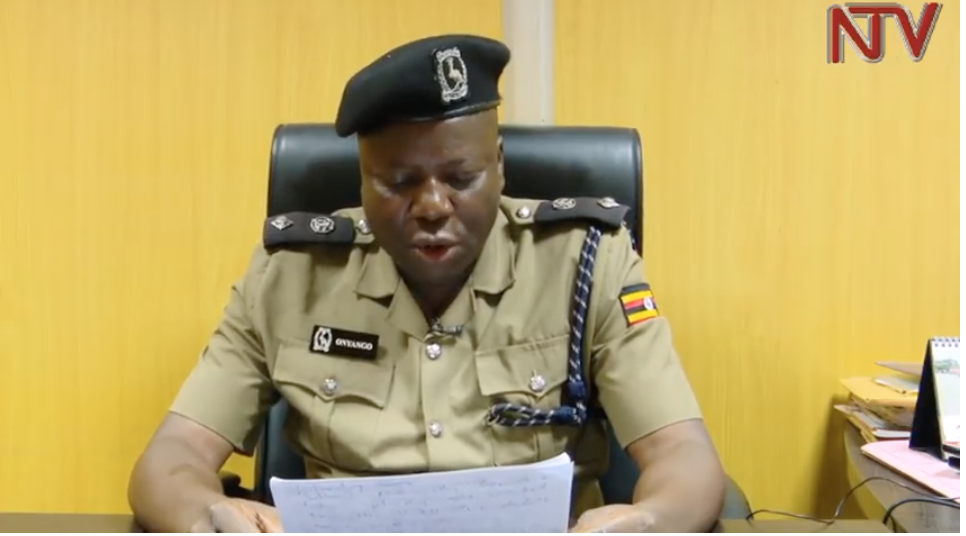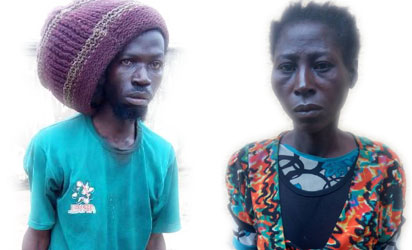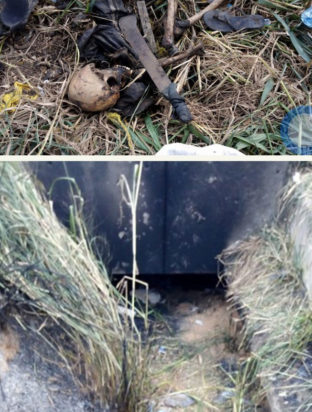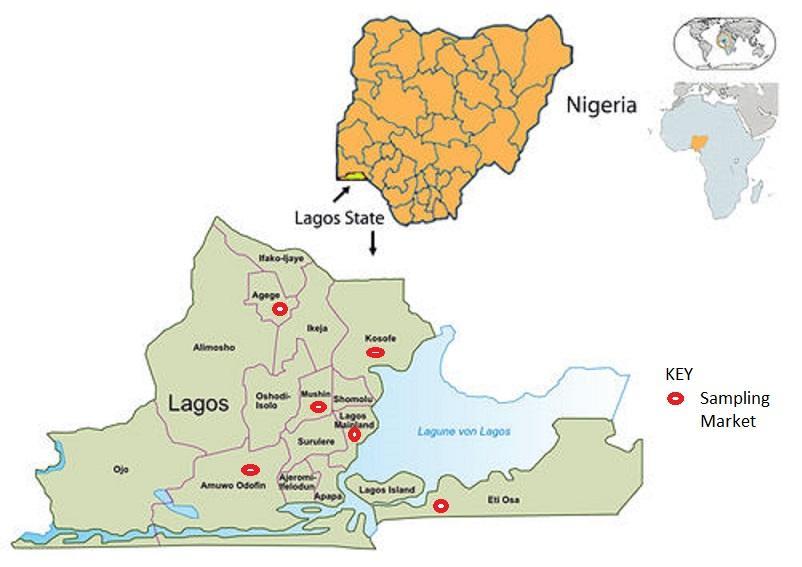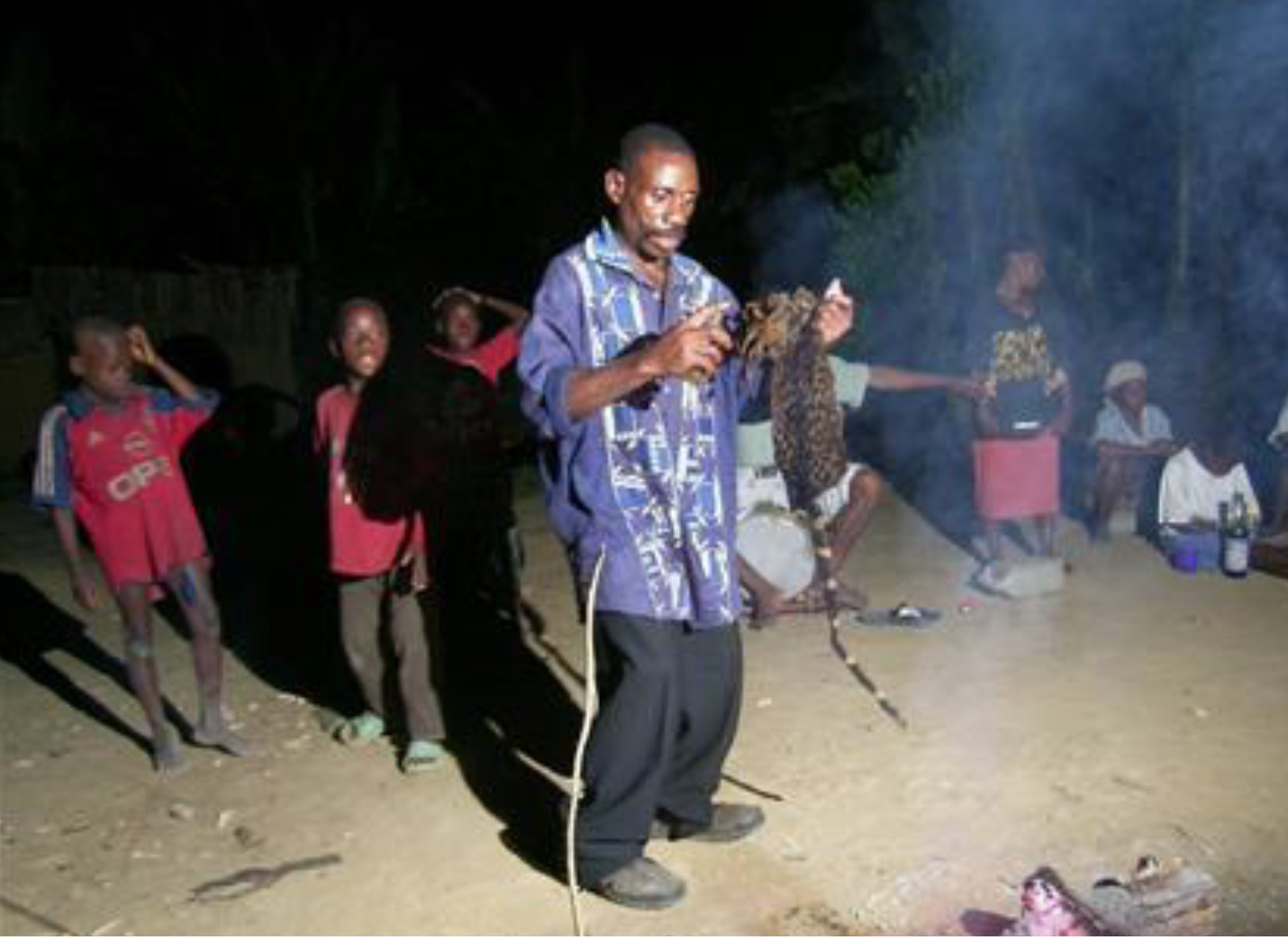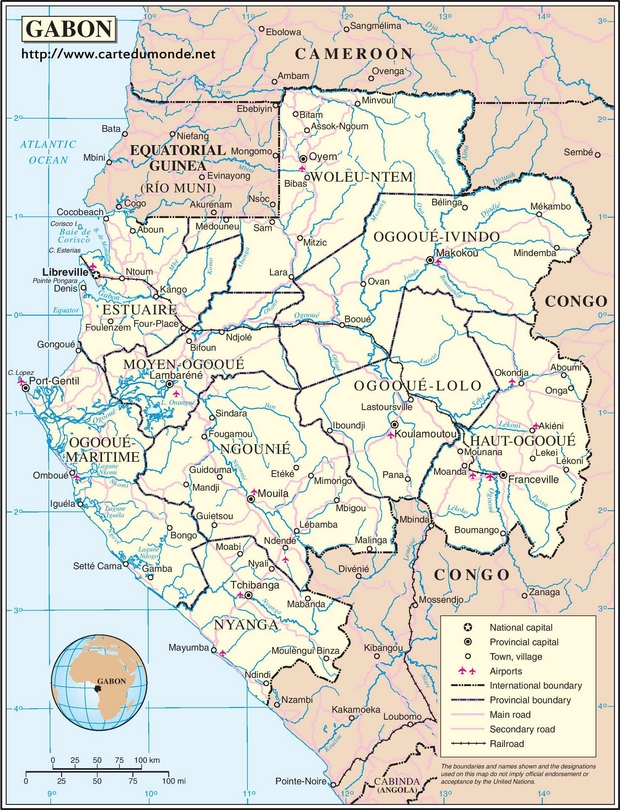
Published: July 11, 2018
By: News24
A 10-year-old albino boy was reportedly kidnapped from his home in the early hours of Monday in northern Mozambique.
According to BBC, the boy’s father, Pires Ernesto, alleged that the kidnappers dug a hole in the wall of his house in the city of Lichinga in Niassa province and went straight to the bedroom where his four children were sleeping.
Ernesto said that only his albino son was abducted.
Police said the matter was under investigation.
A report by AFP said that albinos in Mozambique were often hunted for their body parts, which were used as charms and magical potions in the belief that they brought wealth and good luck.
More than 100 attacks against albinos in Mozambique have been reported since 2014, according to the United Nations. (bold letter type and italics added by the webmaster FVDK)
Albino boy, 10, abducted from his home in Mozambique – report
Related article:
How an albino boy was snatched from his bedroom in Niassa, Mozambique
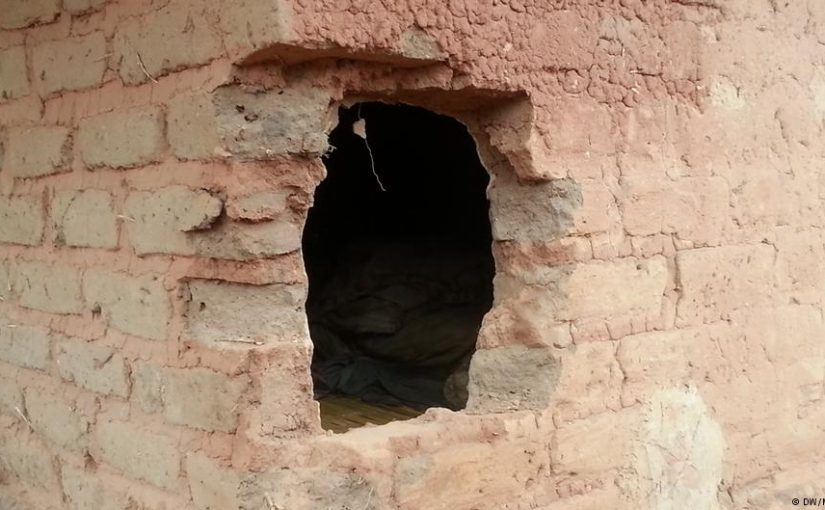
Published: July 11, 2018
By DW (Deutsche Welle)
A 10-year-old albino child was abducted at dawn on Monday (July 9) at his parents’ residence in the city of Lichinga. This is the first abduction of an albino this year in Niassa. The case is already in the hands of the criminal investigation police SERNIC.
Just after the country had reported a year free of abductions or murder of albinos, kidnappers infiltrated the boy’s home through a hole in the wall of the room where the child slept with his siblings.
Pires Ernesto, father of the minor, who was working on a night shift at the time of the abduction, sadly told DW :” My brother Carlito called to tell me that my son had disappeared , when I asked him how it happened, he said they had made a hole in the wall and had taken the child out of the room, and said that they were informing the neighbours about what happened, and when I returned to the house at 1 a.m. I did not actually find the child. ”
According to BBC, Pires Ernesto, alleged that the kidnappers dug a hole in the wall of his house in the city of Lichinga in Niassa province and went straight to the bedroom where his four children were sleeping. Ernesto said that only his albino son was abducted.
The kidnapping of albinos that have occurred in Mozambique are mostly related to superstitious beliefs. It is believed that certain body parts of albinos possess magic powers and, because of this, many end up being killed or mutilated.
Resurgence of abduction causes concern
Trindade Guilherme, a representative of the association ‘Amor à Vida’ [Love of Life] in Niassa province, views the re-occurrence of albino kidnappings as a great concern and calls upon the authorities to be swifter in investigations so that the perpetrators are found and punished.
“It is sad, that there were a lot of kidnappings in the past and suddenly it was over, but this morning in the ‘Niassa I’ neighbourhood there was a kidnapping and we became worried again. We ask the police to re-double their investigative efforts so that we can live with more tranquility, ” he says.
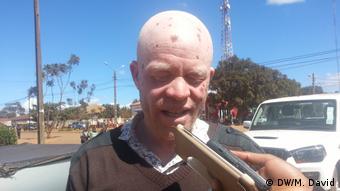
After the incident was reported to the police by the minor’s relatives, the authorities went to the scene, said Alves Mate, a spokesman for the Niassa corporation. He assured that the police are investigating the matter, but did not give further details.
The spokesman for the police in Niassa said:”As soon as the police received the information about this incident, the utmost attention was paid to the case and it was immediately referred to SERNIC (National Criminal Investigation Service), since this is a matter that is not only for the responsibility of the PRM”,
Investigation
Alves Mate reminded us that “the investigations take a while but, at this moment, our police are already working together with SERNIC to solve this abduction case.”
In Mozambique, there are laws to protect people with albinism. However, authorities often fail to catch the kidnappers. There are few cases reported to the police and, on the other hand, police does not have all the necessary resources to hunt down the criminals.
Source: How an albino boy was snatched from his bedroom in Niassa, Mozambique
Portuguese version:
Moçambique: Recomeçam ações contra albinos no Niassa

- Data 09.07.2018
- Autoria Manuel David (Lichinga)
Uma criança albina foi raptada na madrugada desta segunda-feira (09.07.) na residência dos seus pais na cidade de Lichinga. Trata-se do primeiro rapto de um albino este ano no Niassa. O caso já está nas mãos do SERNIC.
Pouco depois de o país assinalar um ano sem raptos ou assassinatos de albinos, raptores infiltraram-se na casa dos pais do menino por um buraco feito na parede do quarto onde o menor dormia juntamente com outros irmãos.
Triste, Pires Ernesto, pai do menor, conta: “Quando cheguei do serviço, por volta de uma hora, o meu irmão Carlito chamou-me para me dizer que o meu filho tinha desaparecido e perguntei-lhe como é que isso tinha acontecido, pelo que me respondeu furaram a parede e tiraram a criança do quarto. Disse ainda que estavam a informar aos vizinhos [sobre o sucedido]. Quando regressei à casa na verdade não encontrei a criança”.
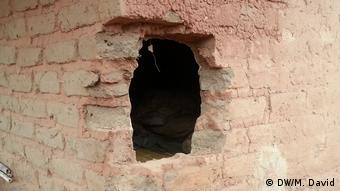
De recordar que os raptos de albinos que têm ocorrido em Moçambique estão na sua maioria relacionados com superstições. Acredita-se que determinadas partes do corpo dos albinos possuem poderes mágicos e por causa disso muitos acabam por ser mortos ou mutilados.
Ressurgimento de raptos causa preocupação
Trindade Guilherme, representante da associação Amor à Vida na província do Niassa, encara o ressurgimento dos raptos de albinos com uma grande preocupação e apela as autoridades para serem mais céleres nas investigações para que os autores sejam encontrados e punidos.
“É triste, anteriormente ocorriam muitos raptos e de repente tudo acabou. Já pensávamos que situações do género tinham acabado definitivamente. Mas esta manhã no Bairro de Niassa I houve um rapto e voltamos a ficar preocupados. Pedimos a polícia para que redobre os esforços de investigação para que se possa viver com mais tranquilidade”, lamenta.

Depois da ocorrência comunicada à polícia pelos familiares do menor, as autoridades deslocaram-se ao local como disse Alves Mate, porta-voz da corporação Niassa. Ele garantiu que a polícia está a investigar o assunto, mas não avançou detalhes.
“Logo que a Polícia recebeu a informação sobre esta ocorrência dedicou a máxima atenção ao caso que foi imediatamente encaminhado para o SERNIC (Serviço Nacional de Investigação Criminal), visto tratar-se de um assunto que não é da competência da Polícia”, esclarece o porta-voz da Polícia em Niassa.
Investigação
Alves Mate lembra que “a investigação demora um certo tempo, mas neste momento a nossa Polícia já está a trabalhar juntamente com o SERNIC para desvendar mais este rapto.”
Em Moçambique, há leis que protegem as pessoas com albinismo. Mas, muitas vezes, as autoridades não conseguem apanhar os raptores. Por um lado, há poucas denúncias e faltam meios à Polícia.

LEIA MAIS (= Read more)
Moçambique não regista há um ano casos de rapto ou assassinato de albinos
Dia Internacional para a Consciencialização do Albinismo, uma data instituída pelas Nações Unidas, celebrada este ano (13.06) sob o lema “brilhando a nossa luz para o Mundo”. (13.06.2018)
Moçambique: 4 anos depois, rapto de albino continua por esclarecer
Família de albino raptado há quatro anos queixa-se da inércia das autoridades na resolução do caso. Polícia diz que a investigação está agora nas mãos da Procuradoria. (06.06.2018)
Albinos beneficiam de consultas oftalmolóicas gratuitas, em Moçambique
Cerca de 100 albinos participaram de uma campanha para melhorar a visão e sensibilizar sobre os cuidados com os olhos. Ação foi encerrada este domingo (10.09), em Maputo. (10.09.2017)
Anistia Internacional denuncia nova onda de ataques a albinos no Malawi
Malawi registou nova onda de assassinatos e ataques dirigidos a pessoas com albinismo nos últimos meses, apoiados por um sistema judicial deficiente, denunciou a Amnistia Internacional (13.06.2017)
Source: Moçambique: Recomeçam ações contra albinos no Niassa


